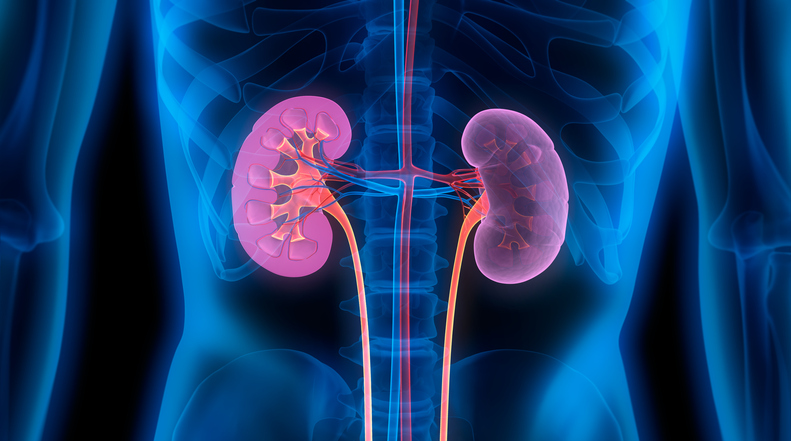
Roche has received FDA approval for its drug Gazyva, expanding its use beyond cancer treatment to include lupus nephritis. This decision, announced on March 11, 2024, allows Gazyva to be administered to adults with active lupus nephritis who are already undergoing standard therapy. The approval adds a new biologic option for patients suffering from this complex autoimmune disease, which can lead to serious kidney complications.
Lupus nephritis arises as a complication of systemic lupus erythematosus, a condition where the immune system mistakenly attacks the body’s tissues. In this condition, autoantibodies trigger inflammation in the kidneys, resulting in the destruction of nephrons, the essential filtering units of the kidneys. The loss of nephrons can lead to severe kidney dysfunction, with many patients ultimately progressing to end-stage kidney disease, requiring dialysis or a transplant. According to Roche, more than 1.7 million individuals globally are affected by lupus nephritis, the majority of whom are women.
Gazyva functions by depleting B cells, a type of immune cell implicated in various autoimmune disorders. It is a monoclonal antibody that targets CD20, a protein present on B cells, initiating processes that lead to cell death. Originally approved in 2013 for chronic lymphocytic leukemia, Gazyva now represents an innovative approach to treating autoimmune conditions, illustrating how cancer therapies can be repurposed for new applications.
The FDA’s approval was based on results from a placebo-controlled Phase 3 clinical trial, which assessed the efficacy of Gazyva when combined with standard therapies, such as immunosuppressants and anti-inflammatory medications. The trial demonstrated that nearly 46.4% of participants receiving Gazyva experienced a complete renal response, compared to 33.1% among those receiving a placebo. Participants also showed significant improvements in protein levels associated with autoimmune diseases and reductions in corticosteroid usage.
Levi Garraway, Roche’s Chief Medical Officer and Head of Global Product Development, emphasized the importance of this approval, stating, “People with lupus nephritis who achieve a complete renal response are more likely to experience preserved kidney function and delay, or even prevent, progression to end-stage kidney disease.” He added that the approval of Gazyva marks a significant advancement towards establishing a new standard of care for lupus nephritis, providing healthcare professionals with more effective treatment options.
With Gazyva now approved for lupus nephritis, Roche enters a competitive market where GSK’s Benlysta has established itself as a leading treatment. Benlysta, which received its FDA approval in 2011 for systemic lupus erythematosus, expanded its indication to include lupus nephritis in 2020. GSK reported revenues of £1.5 billion (approximately $2 billion) for Benlysta in 2024, marking an increase of over 10% from the previous year.
In addition to Gazyva, other biologics are also emerging in this space. In 2021, AstraZeneca received FDA approval for its drug Saphnelo, yet this medication is only indicated for systemic lupus erythematosus.
The drug Gazyva, known as Gazyvaro in Europe, is currently approved in 100 countries for various blood cancers, generating 910 million Swiss francs (about $1.15 billion) in revenue in 2024, reflecting a growth of 12.2% compared to the previous year. While Gazyva is under regulatory review for lupus nephritis in Europe, a committee from the European Medicines Agency recently recommended its approval for the autoimmune condition.
Roche is also exploring further applications for Gazyva. Ongoing clinical trials are evaluating its effectiveness in treating systemic lupus erythematosus, membranous nephropathy, idiopathic nephrotic syndrome, and in pediatric populations with lupus nephritis. This broadening scope reflects Roche’s commitment to addressing unmet medical needs in autoimmune diseases, a field that continues to evolve rapidly.







